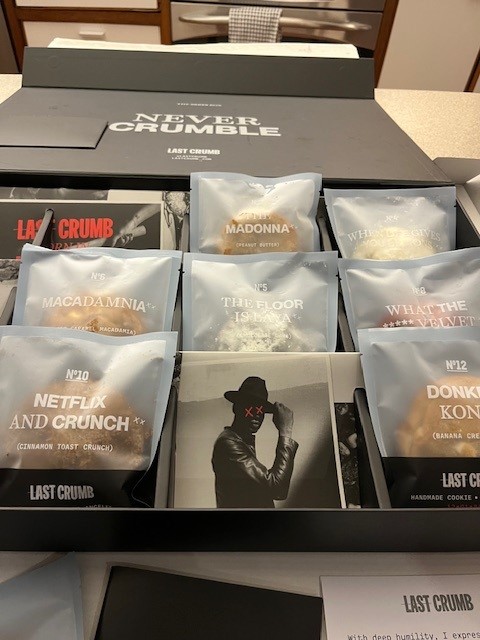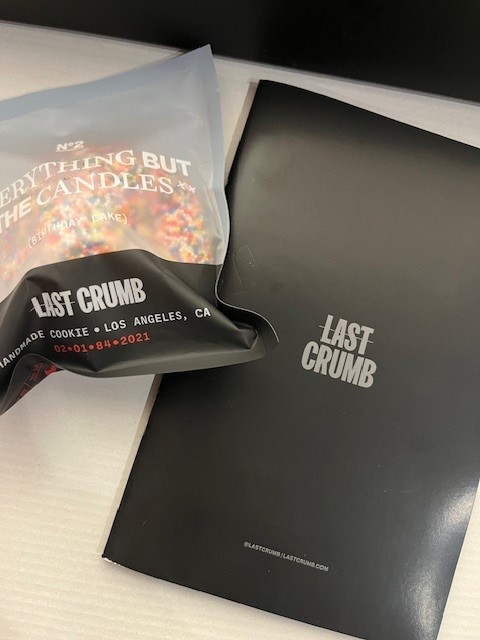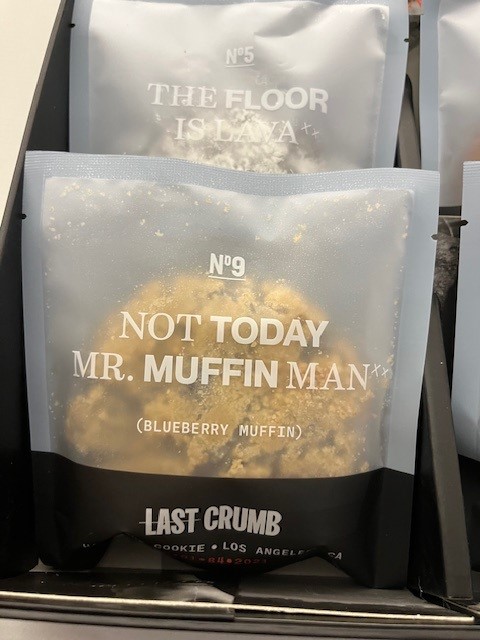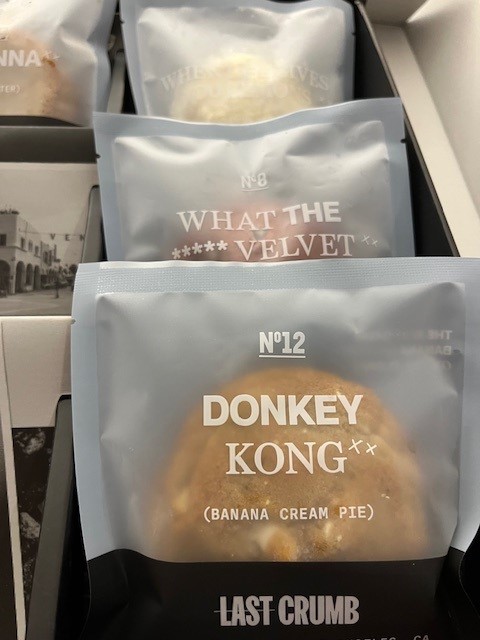The Scarcity Paradox: From Luxury to Empty Plates
Scarcity is not a one-size-fits-all experience.
For those struggling to make ends meet, the focus is on creating abundance. In the current economic climate, with inflation and limited public services, the number of households experiencing food insecurity has soared. Parents are skipping meals to feed their children, and food banks are struggling to keep up with the growing demand.
On the flipside, scarcity is often employed as a strategic tool to elevate perceived value and desirability. Limited editions, exclusive releases, and waitlists create an aura of rarity and prestige around products, driving up demand and prices. We have seen this most frequently in the world of luxury goods but it’s been happening in the food business for years.
For those who are tired of the chocolate overkill cakes, the drip cakes, the themed cakes, the piñata cakes and every other kind of decadent party offering – the next new thing is always something to be sought after to wow the friends and guests at any occasion.
One recent edition to this exclusivity club is the California-based cookie brand Last Crumb who sell limited edition cookies in boxes of 12 for $160. The cookies themselves are individually wrapped and branded with clever puns and creative ingredients combinations such as Donkey Kong, a banana cream pie cookie with marshmallows, thick banana crème patisserie, white chocolate chips, vanilla wafer and real banana pieces, or the James Dean, with the back story about the red head who turned down an Oreo milkshake from the actor, back in the day. The cookie itself has malt balls, cocoa, Oreos, white and dark chocolate inclusions.
The in-box instructions suggest that the cookies are microwaved and eaten in a precise pattern of sitting, studying, sniffing, sharing and savouring. And savour you must, because each delicious cookies costs about £12 and the waiting time to receive a delivery can be up to 12 months. With new recipes and cookies dropping all the time, Last Crumb keeps the affluent consumer craving for more.

The Last Crumb presentation box of 12

The booklet with all the info of how to eat and flavours in detail

Not Today Mr Muffin Man

Donkey Kong - banana cream pie with extras

Everything But The Candles - instead of a cake?